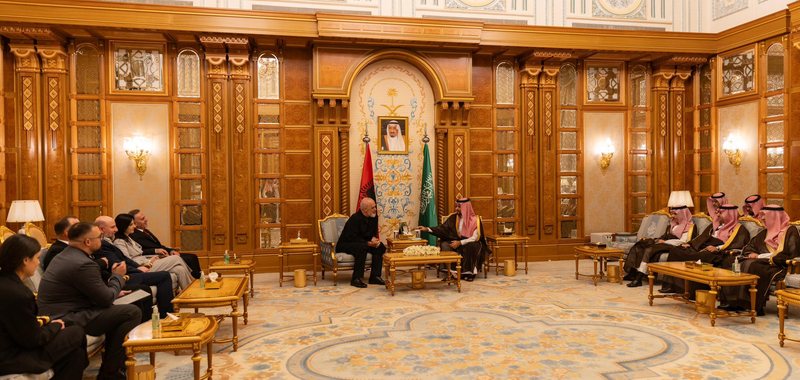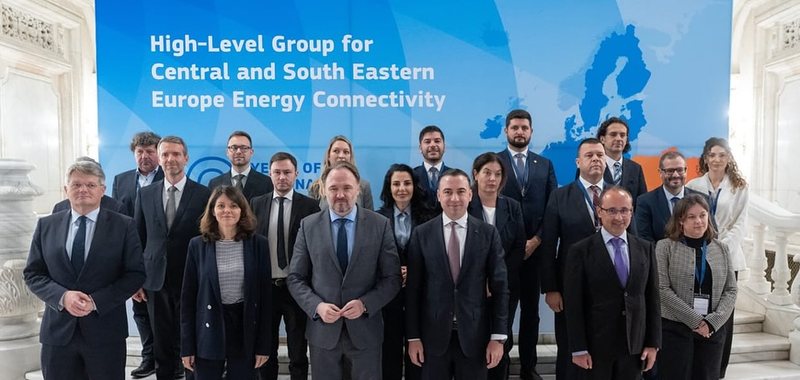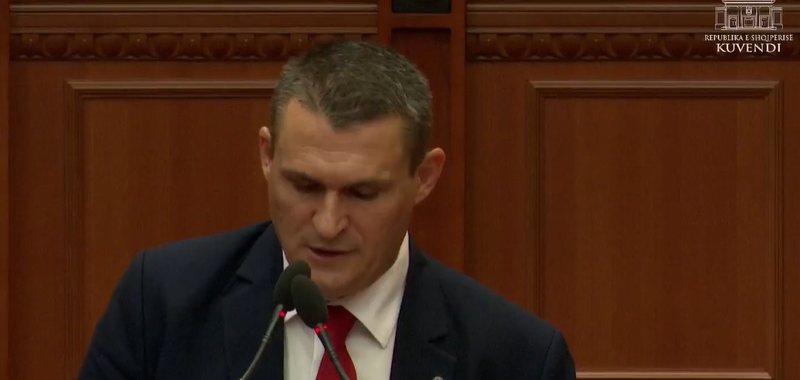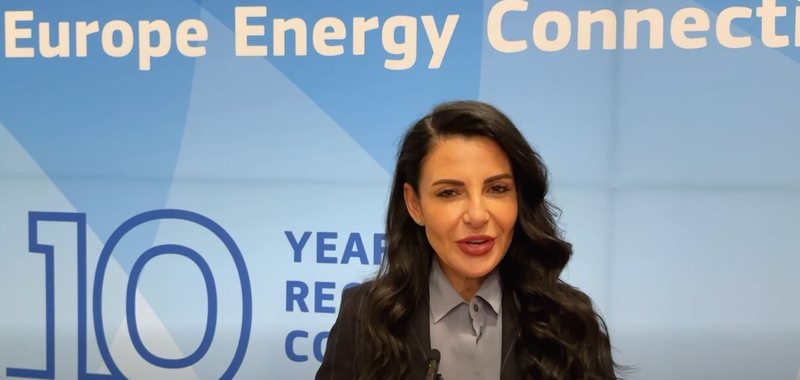The water crisis in Europe - How its waste "amplifies" climate challenges and costs millions of euros?

Water waste is “exacerbating” the climate crisis and undermining economic sustainability. A new report from Danfoss warns that energy consumption by the water sector is expected to double by 2040, while water demand from the power sector could increase by almost 60 percent.
Global demand for water could also exceed supply by 40 percent within the next five years, in addition to the 3.6 billion people who already lack sufficient access year-round. Every stage of the water cycle requires energy: from extraction and treatment to distribution and use. Currently, the energy sector is responsible for about 14 percent of global fresh water use.
Most of it is used in food and products, while only a small part is cleaned and returned to nature. This mutual dependence means that the load on one system directly affects the other. For example, power shortages can limit water supply operations, while droughts and heat waves can hamper energy production. Experts argue that Europe can no longer treat these systems in isolation.
Neglecting water and energy use problems could lead to high costs and reduce Gross Domestic Product by up to 8 percent in high-income countries or 10-15 percent in low-income countries by 2050. So far, global water-related challenges have added an estimated $9.6 billion to energy sector spending.
Data centers are one of the largest consumers, with around 560 billion liters of water per year, and this could double to 1,200 billion liters by 2030, six times the total water used by the EU in 2022.
In Europe, most of the bloc's member states will have to spend between 500 and 1,000 euros more per person by 2030 on water supply and sanitation services, just to comply with existing water regulations.
In addition to the financial impacts, the water crisis threatens public health, infrastructure stability, and geopolitical security. However, existing technological solutions can help strengthen water and energy efficiency. This requires ambitious regulations, water efficiency targets, and investments in proven technologies such as leak detection, smart meters, and pressure management.

“Albanian Soundscapes” in Dubai, Gonxha: Albania is presented as a success story
Today, at the Future Hospitality Summit 2025 in Dubai, the Albanian pavilion "Albanian Soundscapes" was opened, curated by AKPT and AZHT, considered one of......

Rama meets with the Crown Prince at the Royal Palace of Saudi Arabia: We discussed cooperation
Prime Minister Edi Rama was received by the Crown Prince and Prime Minister Mohammed bin Salman Al Saud, at the Royal Palace in Riyadh, Saudi Arabia. Rama......

Bucharest Meeting, Balluku: Energy Corridor Romania - Bulgaria - North Macedonia - Albania - Italy
In Bucharest, at the High Level Meeting with Energy Ministers from Central and Southeastern Europe, among other things, an energy corridor connecting our......

Reporting to the Parliament, SPAK has seized 65.5 million euros of criminal assets
The head of SPAK, Altin Dumani, presented the SPAK report for 2024 to the Parliament. In his speech, Dumani emphasized that SPAK, in the past year, has......

Future Investment Initiative, Prime Minister Rama in Riyadh to build new bridges of cooperation
Riyadh - Prime Minister Edi Rama will participate in the 9th edition of the Future Investment Initiative (FII) Prime Minister Edi Rama is participating in......

"10% of generation capacities, from solar sources" - Balluku: Domestic production ratio, 90% hydro and 10% photovoltaic
The Energy Ministers of Central and South-Eastern Europe gathered today in Bucharest for the annual High-Level Meeting, chaired by the European Commissioner......

What are the businesses that Albania is missing? - Hasalla: Recycling, technology and online agriculture, the future of entrepreneurship
Family businesses like bakeries or markets, but also pharmacies and hairdressers, these are the types of businesses that are mainly found in Tirana, but also......

Pink October, between awareness and marketing - SCAN TV observation/ Women's care turns into a commercial offer
This phenomenon is known as "pinkwashing", a term coined by the organization Breast Cancer Action, which has been fighting for years against campaigns that......


















